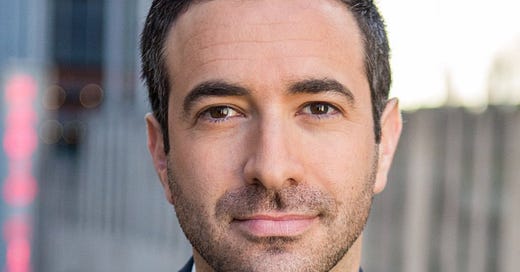As Trump loses at SCOTUS, the Sedition Case Heats Up
On Conspiracies, Coups and Escalating Cases
Hi — Ari here — with a breakdown of the escalating charges in the criminal probe into the insurrection…
What are we up against?
What happened on January 6 of last year? The answer is not simple, and there may be more than one answer. Here are a few:
It was a rally that morphed into a criminal mob.
It was an impeachable, illegal attempt to steal the election.
Keep reading with a 7-day free trial
Subscribe to Ari Melber to keep reading this post and get 7 days of free access to the full post archives.



